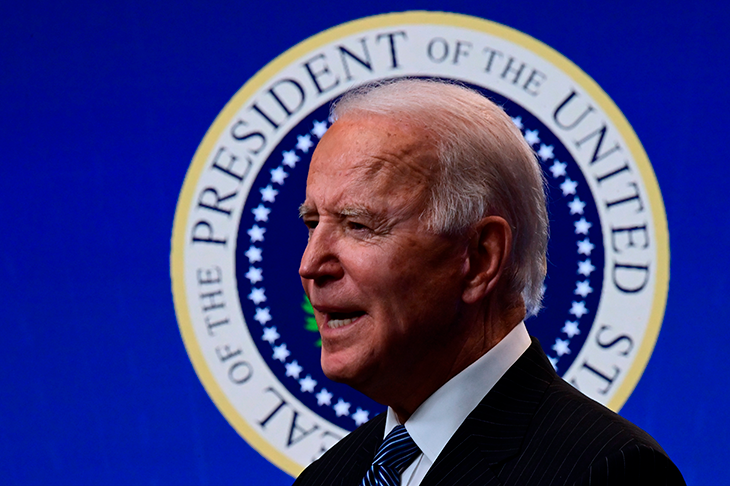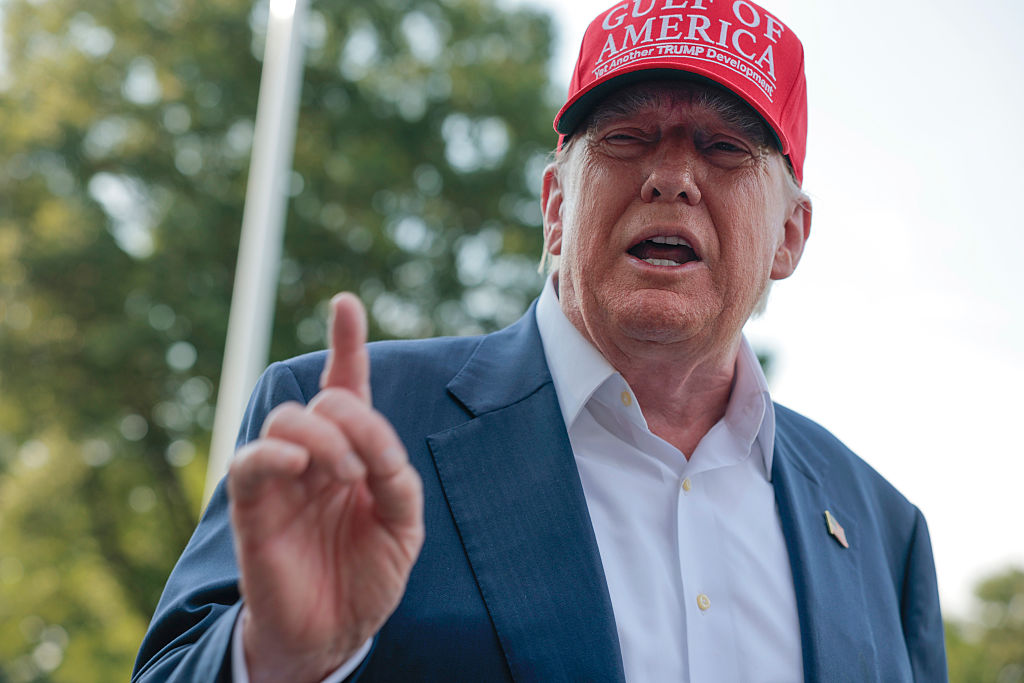America has 330 million people, and not all of them are in complete agreement about what is true and what is false. Misinformation is everywhere. One man’s devastating revelation is another man’s fake news.
‘But wait,’ you ask. ‘Why is that bad? Isn’t America a democratic republic, and hasn’t it had factual disagreements its entire history? Hasn’t the country been just fine?’
Nice try, reader. Those old Americans who could put up with different ideas were mentally ill bigots who had never even heard of ‘transwomen of color’. We have the New York Times to guide us. Technology columnist Kevin Roose has a solution for those stubborn Americans who see the world in a different way. President Biden, he says, should fix America’s ‘misinformation crisis’ by appointing an all-powerful government official to decide what is true:
‘Several experts I spoke with recommended that the Biden administration put together a cross-agency task force to tackle disinformation and domestic extremism, which would be led by something like a “reality czar”. It sounds a little dystopian, I’ll grant. But let’s hear them out.’
Reality czar! What, were ‘tyrant of truth’ and ‘fact Führer’ already taken? Why even bother with the invented title? Just call it ‘minister of propaganda.’ Everybody will already know that’s what it means.
Roose proposes that his reality autocrat be empowered to ‘push for structural changes’ that will ‘help’ tech companies fix ‘misinformation problems.’ Roose also suggests giving tech companies special legal exemptions from privacy law so they can share information about conspiracy theorists without violating pesky privacy laws. And if tech companies aren’t interested, that’s no biggie. Roose points out that many companies are worried about antitrust investigations from Democrats, so they might be amenable to a ‘nudge’ in the direction of transparency.
How times change. Not even 10 years ago, Bill Clinton proposed his own version of a reality-deciding department of the federal government, but forget calling it a reality czardom. It would barely have qualified as a reality constitutional monarchy:
‘The agency, Clinton said, would “have to be totally transparent about where the money came from” and would have to be “independent” because “if it’s a government agency in a traditional sense, it would have no credibility whatever, particularly with a lot of the people who are most active on the internet.”
‘“Let’s say the US did it, it would have to be an independent federal agency that no president could countermand or anything else because people wouldn’t think you were just censoring the news and giving a different falsehood out,” Clinton said.
‘“That is, it would be like, I don’t know, National Public Radio or BBC or something like that, except it would have to be really independent and they would not express opinions, and their mandate would be narrowly confined to identifying relevant factual errors” he said.’
By today’s standards, Clinton’s proposal is positively charming. Special safeguards to maintain political neutrality? Total independence from the President? If only Clinton had known that ensuring fairness was as simple as being a Democrat.

























